As drug deaths continue to rise, many drug policy activists and researchers say criminalization, arrests and prison sentences do more harm than good.
SCOTT DETROW, HOST:
Many Americans die from drug overdoses, and many of these overdoses are linked to fentanyl. In the next few minutes, we’ll look at a very different and, proponents say, more useful approach to this problem. He prioritizes health care and individual dignity over arrests and incarceration for drug trafficking. NPR’s Brian Mann joins us live from a conference in Phoenix, Arizona, where these ideas are being discussed. Hi, Brian.
BRIAN MANN, BYLINE: Hey, Scott.
DETROW: So let’s start with the basics. What is the problem here that needs to be solved?
MANN: Well, what’s interesting is that people here are saying that there are actually two related issues. The first is drug overdoses caused by fentanyl, which are killing record numbers of people – more than 112,000 deaths per year, according to the latest data. Everyone agrees that this is incredibly catastrophic. The second part is more controversial. People at this conference say it’s now clear that the war on drugs, which has focused on a police response, you know, lots of arrests, lots of jails, they say, all of that has simply failed. So activists like Kassandra Frédérique, who leads a group called the Drug Policy Alliance that is organizing a rally, say it’s time to go in a whole new direction.
KASSANDRA FREDERIQUE: There’s research and science, and there’s 49 other states that we can look at that are arresting people for drug possession and just wondering, oh, how’s that going? How is it going there? I was one of those people criminalized for drug possession. I lost my job. I found myself homeless.
DETROW: And, Brian, I mean, 120,000 dead, that’s such a staggering number every time you hear it. What are some of the alternative ideas proposed here?
MANN: Yes, so people here are pushing for a very massive public investment in health care, affordable housing, job training and mental health care. And here’s a controversial part, Scott. They also want decriminalization. The hope of activists here is that one day we will look back on the criminalization of millions of people who use drugs in the same way we look back on alcohol prohibition today.
DETROW: I mean, a lot of ideas that are good in theory get stuck in so many things, like politics to begin with. I mean, do the people at this conference believe that some of these big changes could be possible, could be realistic?
MANN: That’s a good question. And over the past decade, we’ve seen many of these ideas gain traction. The so-called harm reduction movement, where people who are still using drugs get help with clean needles or fentanyl test strips, you know, where people hand out naloxone to help reverse the overdoses – these things used to be controversial and even illegal. Now they’re pretty common.
DETROW: And, you know, as you know and as you’ve explained, critics will say that these strategies enable drug use. And I feel like fentanyl itself is so deadly that I imagine it would be harder to sell. What are conference attendees saying about this reaction they know is coming?
MANN: You know, people here recognize that the public is really scared, you know, seeing so many homeless people, so many people with serious addictions, so many deaths, and some politicians are responding to that fear by pushing for tougher drug laws, similar to what we saw in the crack era. And, you know, there’s definitely a backlash. But you know, some people say, Scott, that even high-risk drugs like fentanyl become even more dangerous when they’re criminalized. It’s certainly controversial, but people here believe that if people who use drugs have more support and care, they will be safer.
DETROW: That’s interesting. Brian Mann, NPR drug correspondent at the Drug Policy Reform Conference in Phoenix, Arizona, Brian, thank you very much for speaking with us and bringing us this report.
MANN: Thank you, Scott.
Copyright © 2023 NPR. All rights reserved. Visit the terms of use and permissions pages on our website at www.npr.org for more information.
NPR transcripts are created on urgent deadlines by an NPR contractor. This text may not be in its final form and may be updated or revised in the future. Accuracy and availability may vary. The authoritative record of NPR’s programming is the audio recording.
#Reform #groups #big #drug #policy
Image Source : www.npr.org

